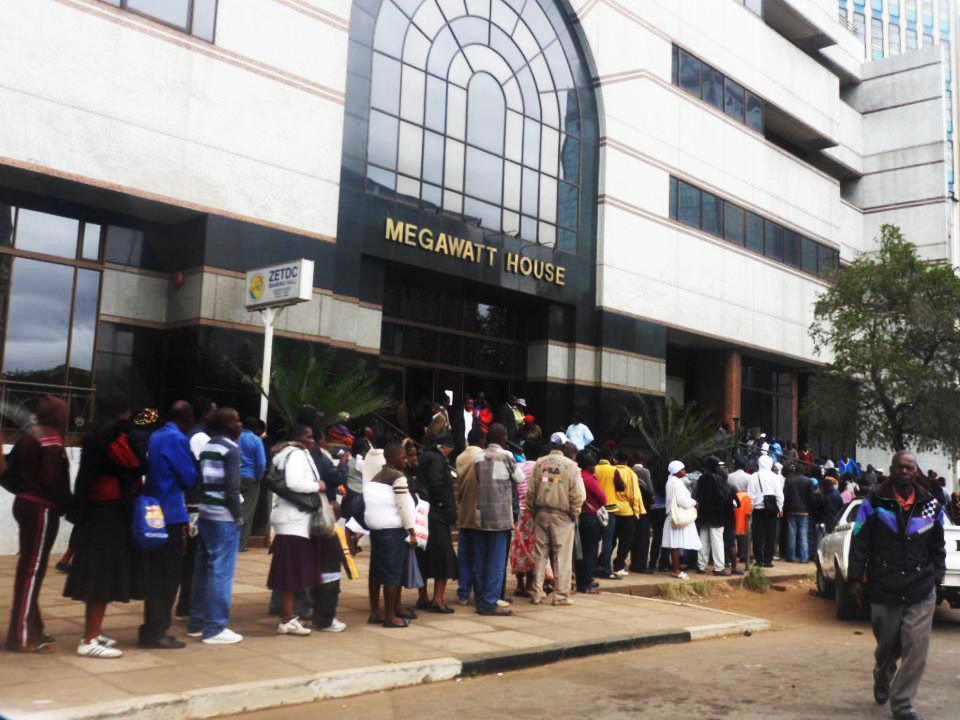
“ZESA prepaid electricity right where you are! Just app or call this number 24/7,” reads a text message soliciting for customers who have prepaid electricity meters.
BY our staff
Since the introduction of prepaid meters, selling electricity has been decentralised and customers no longer need to go to ZESA offices to buy vouchers but can get them from individuals, banks, shops or the post office. This has created a source of income for various people who are selling vouchers from anywhere they can get customers.
Rudaviro, a woman who stays in Chitungwiza said she has been selling power through her mobile phone for two months and this had given her an opportunity to earn extra cash in the comfort of her home. “I started selling electricity in April and I earn 1% commission on the sale of electricity. I usually sell between $900-$1 200 worth of electricity a day. This depends entirely on whether the demand is high and when power is available,”Rudaviro said.
Zesa stakeholder relations manager Fullard Gwasira said the power belongs to Zesa Holdings but it sells it to vendors in a deliberate attempt to assist parastatals in the retailing of electricity. “These vendors also retail downstream to a various customers,” he said.
The power utility introduced prepaid meters in 2013 and accelerated the installation last year in a bid to generate more revenue amid rising defaults by electricity consumers. The power utility is owed closed to $1 billion by consumers.
Gwasira said the move to decentralise the sale of power helped the company to ensure efficient selling of electricity.
Nettcash chief revenue officer Robson Mafongoya said the company is a vendor through agents and gives the agents 2,5% commission. The commission was determined by Powertel, a unit of Zesa Holdings. Mafongoya said the company has 2 500 agents throughout the country.
- Chamisa under fire over US$120K donation
- Mavhunga puts DeMbare into Chibuku quarterfinals
- Pension funds bet on Cabora Bassa oilfields
- Councils defy govt fire tender directive
Keep Reading
“We are a mobile money operator and electricity vending gives our customers the opportunity to come to our platform.That is our first attraction; once they do that they enjoy the other services that we offer,” said. One requires a minimum of $625 to start the electricity business.
Mafongoya said volumes depend on the location and the amount of money that one invests in the business. Third party vending is also being implemented in other regional countries such as South Africa, Namibia and others. The idea makes electricity a commodity just like groceries that can be bought from a shop. Third party vending aims to lessen costs for power utilities as independent people would do power distribution for them. The power companies then saves on cost of distributing power 24/7 to customers.
Zesa has installed over 500 000 prepaid meters countrywide. Experts say the use of prepaid electricity made it easy for the power utility to collect revenue from customers. They said it also encourages the efficient use of power.
The power utility is failing to meet rising demand in the wake of limited generation capacity. The country requires 2 100 megawatt of power but the country has a shortfall of 800 megawatt as the power utility supplies between 1400 to 1 800 megawatt.











